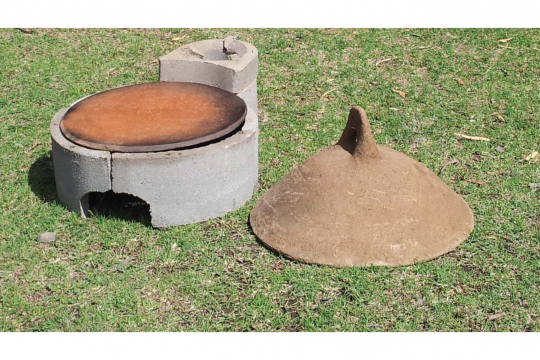Deforestation and burning of forest products to meet cooking need massively contribute to global warming. In order to reduce the biomass fuel consumption of households in developing countries, various improved cookstove (ICS) interventions were implemented by governments, NGOs, and other stakeholders in the past decades. This paper synthesizes the impact evaluation literature on the adoption and impact of ICS, and their role in improving household welfare while reducing the pressure on forest resources and mitigating the emission of CO2. The paper points out five important knowledge gaps that future research may address. First, more research is needed on the effectiveness of different mechanisms that address liquidity constraints, such as stove-for-work programs, which some research has already shown are effective in relaxing households’ liquidity constraints to adopt ICS. Second, in order to improve the reliability of estimates of the impact of ICS, studies should be guided by proper impact evaluation protocols, such as determining sample size us-ing statistical power analysis. Third, more research is needed on the effects of ICS beyond fuel and time saving, such as time allocation and the wellbeing of women. Fourth, urban households are under-represented in stove studies, but more studies on urban households are needed because they consume substantial amounts of biomass fuel, most importantly charcoal. Finally, and most importantly, all existing stove studies exclusively focus on households. Micro, small and medium-scale enterprises in African consume nearly half of the biomass fuel consumed in the continent. Experimental work on firm energy use behavior and transition to cleaner sources is urgently needed. Otherwise, a reduction in biomass fuel use by households may be compensated by increased biomass use by firms.
Mitigating climate change through sustainable technology adoption: Insights from cookstove interventions
EfD Authors
Country
Sustainable Development Goals
Publication reference
EfD Discussion Paper 21-03

